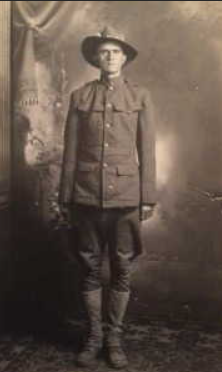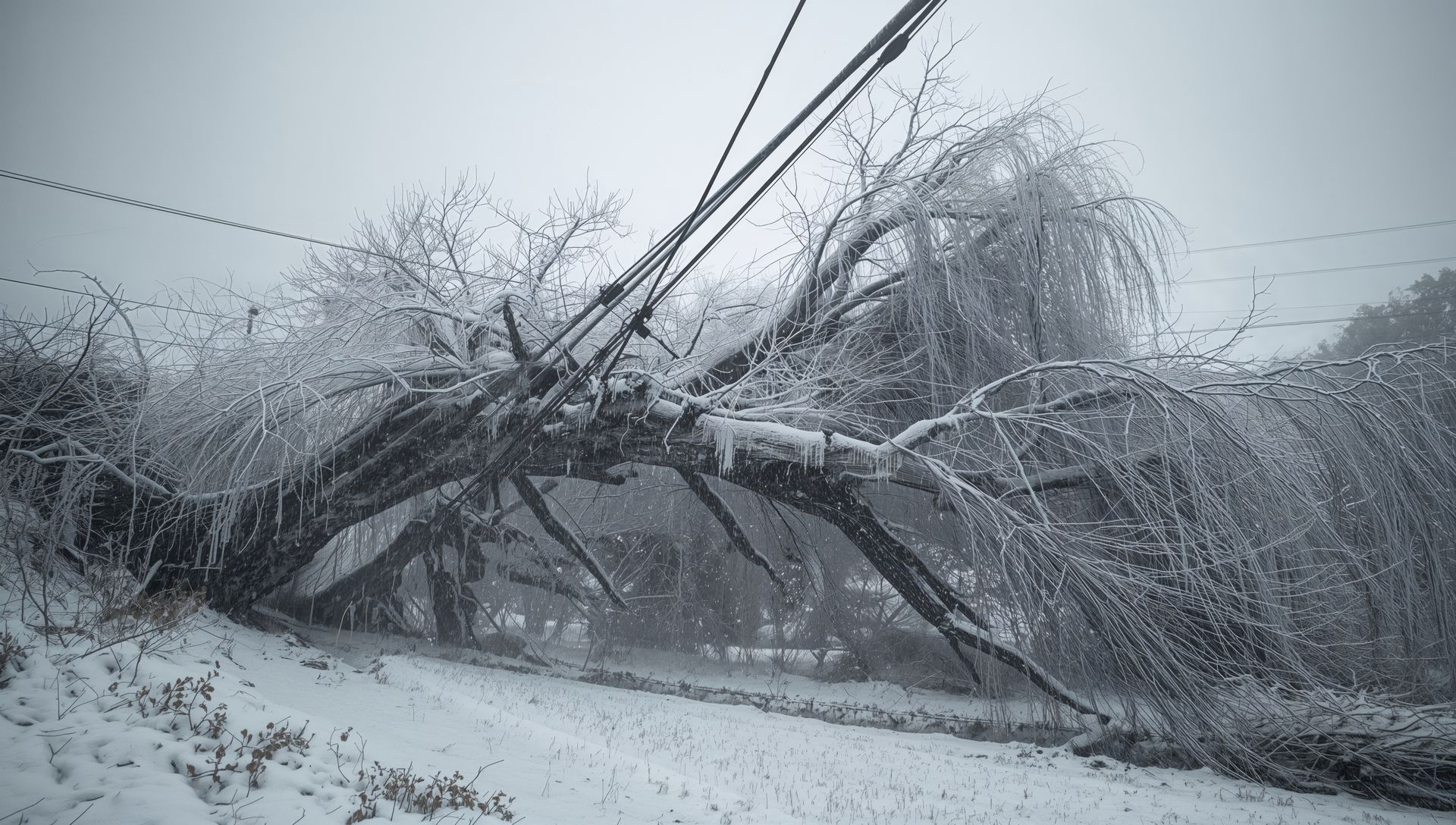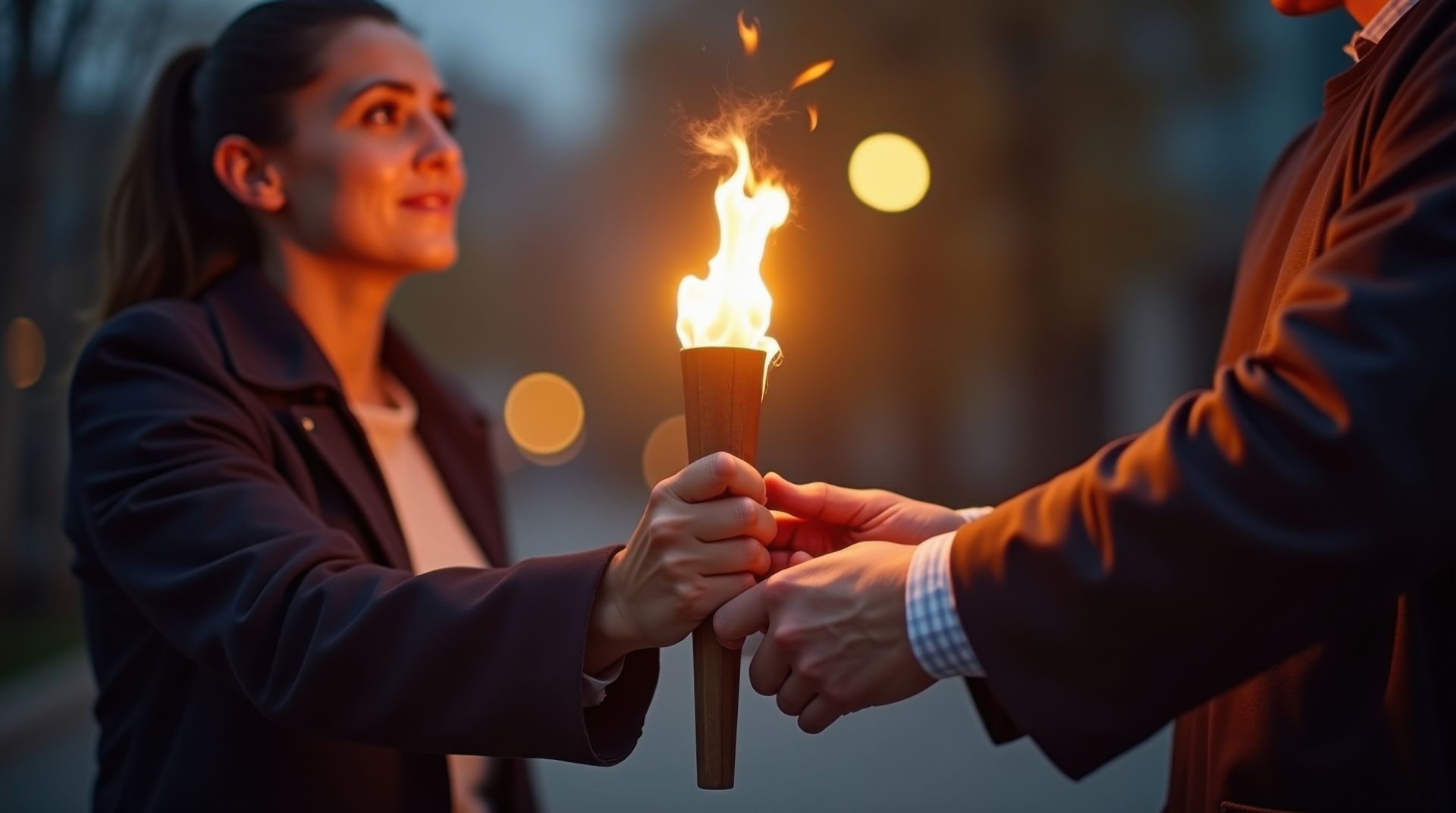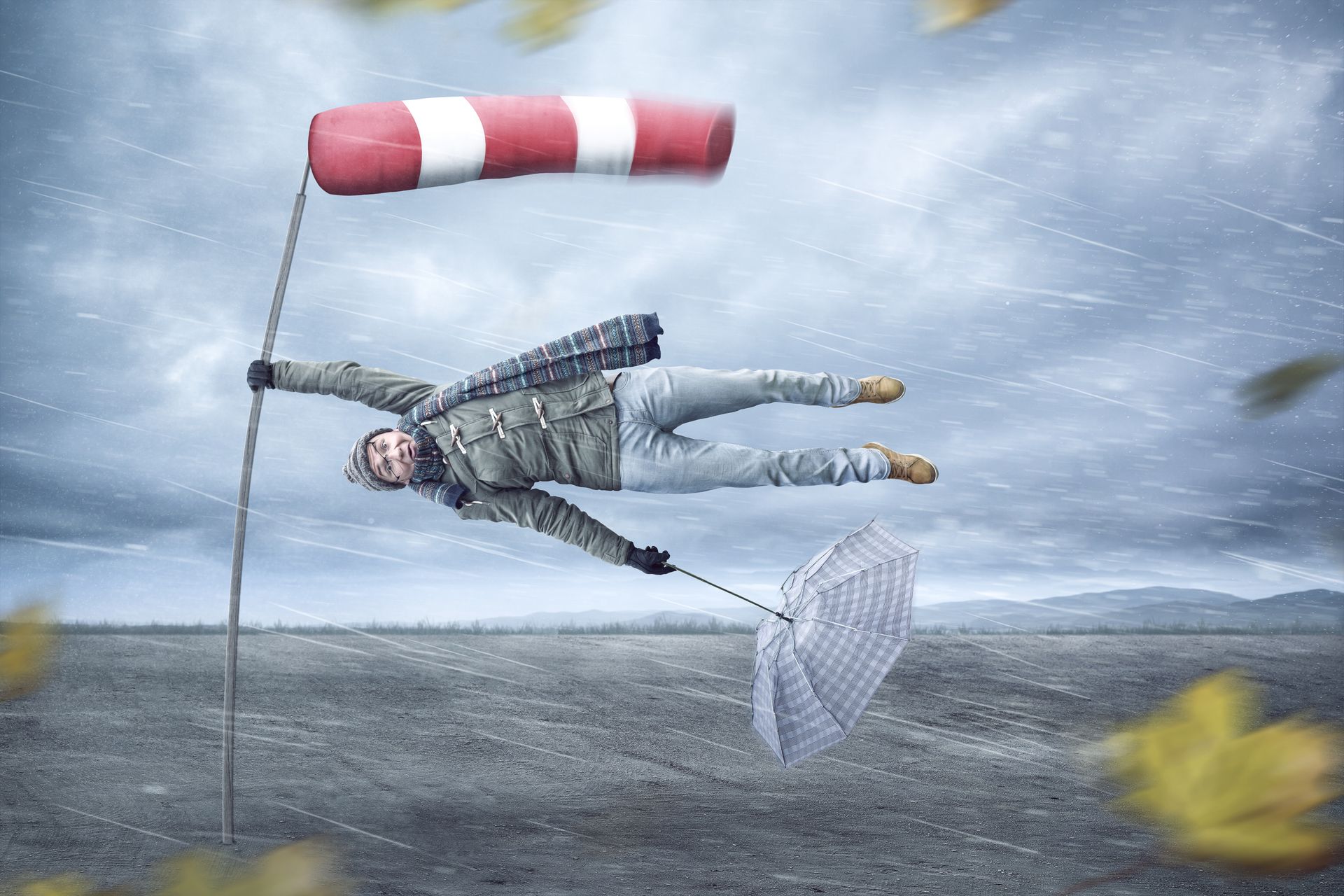Earl Columbus Strawn was 21 when he registered for the draft on June 5, 1917. He had never learned to write so someone else had to sign for him . . . an acknowledgement that the simple X almost hidden by his middle and last names had actually been made by him. He was single and a farmer, working at his own home with his family. The registrar described him as having a medium build with dark hair and brown eyes. And short. I never thought of him as short. He always seemed to be a giant of a man when I stood beside him, something I did fairly often since he was my great-uncle.
I often went with my grandmother—his sister—to what we called “the country” each Wednesday so she could cook and clean for her two bachelor brothers. I would watch him work with his mules—when the chickens weren’t running me back inside the house. They were such large, majestic animals, but he could get them to do his bidding with just a word or two. There didn’t seem to be much of anything he couldn’t do on that farm; I remember his hands being big and rough and strong, the hands of someone who had always worked hard doing manual labor. Sometimes I wondered why one of his eyes looked so very different from the other, but that was a question I never asked. Turns out, it would have been fine. It was years before I knew about his past . . . his service during World War I . . . the price he had paid. Not because he didn’t want to talk about it, but because no one ever really asked.
He had been called to serve his country in October of the year he registered and was shipped to France from Hoboken, New Jersey on April 24, 1918 aboard the Leviathan. A member of Company “L” of the 11th Infantry, he trained under General John J. “Blackjack” Pershing and was one of the original Doughboys, fighting in the trenches against the Germans who had invaded France. On one particular September day in 1918 he remembered John, as he called him, standing before them as they filed past, head bowed and tears streaming down his cheeks. He knew he was about to send his boys into a battle most of them would not survive.
Uncle Earl did survive, but not before he was hit in the face with shrapnel, costing him the sight in one of his eyes . . . the one I’d often wondered about. Despite his injuries, he returned home and resumed life as he had known it. But with no recognition of his bravery in the face of war, no medals to acknowledge his sacrifices. Years later, his daughter-in-law would do the research that eventually allowed him to receive the medals he was due . . . in 1984 . . . more than 66 years later . . . four years before his death.
Earl Columbus Strawn wasn’t highly educated. He was a farmer all of his life, a man who worked the land and raised his family. Even so, like many who served with him, he had willingly and proudly faced death to help defend freedom. It’s a sacrifice every veteran knows they may be called upon to make, and yet still they go. On this November 11th—and every day—may we honor them and their willingness to do so.
About the author: Lisa Shackelford Thomas is a fourth-generation member of a family that’s been in funeral service since 1926 and has worked with Shackelford Funeral Directors in Savannah, Tennessee for over 45 years. Any opinions expressed here are hers and hers alone and may or may not reflect the opinions of other Shackelford family members or staff.













